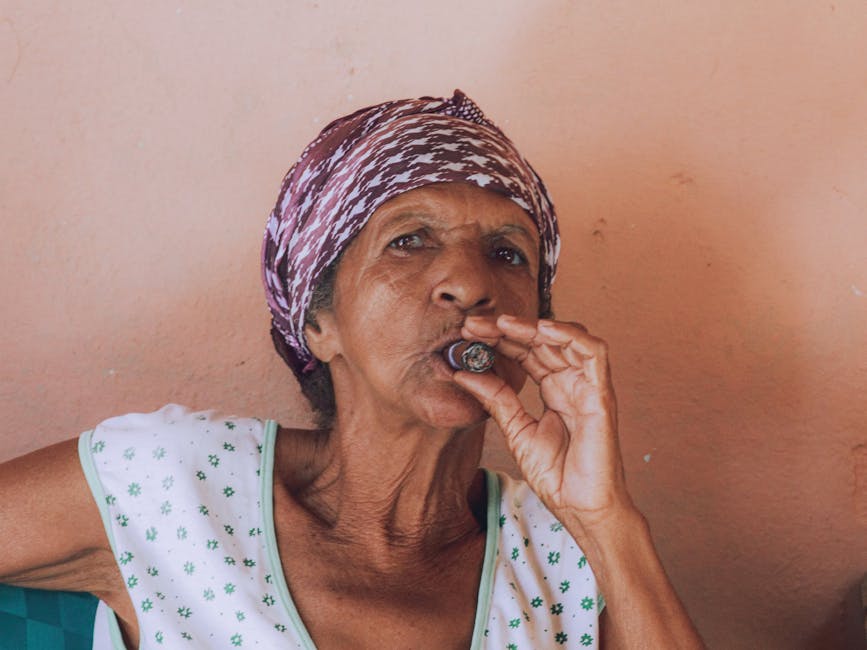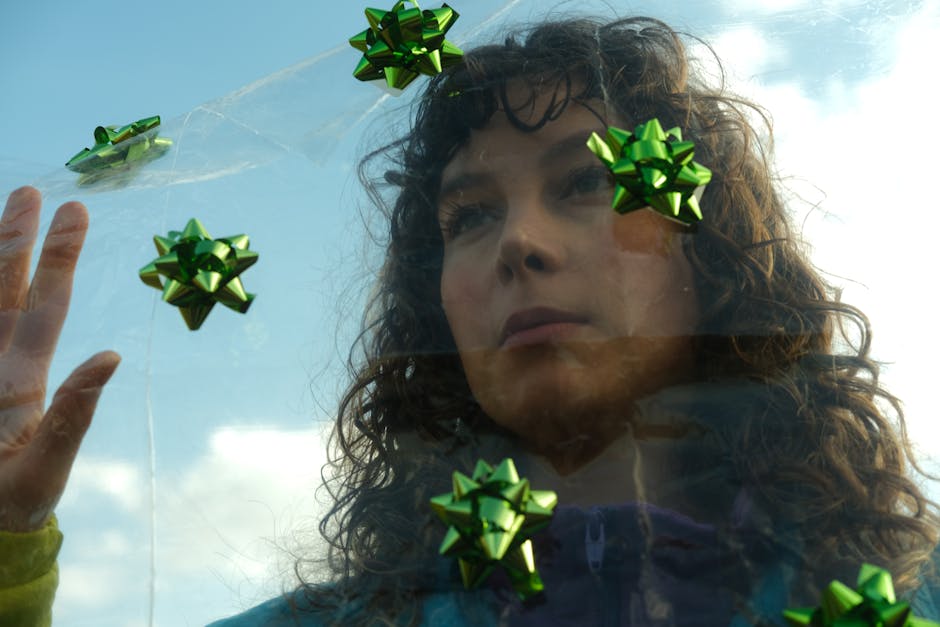5 Self-improvement Podcasts That Changed My Perspective.
5 Self-improvement Podcasts That Changed My Perspective
Life has a funny way of nudging us when we least expect it. Sometimes, that nudge comes from a book, a conversation, or a significant life event. For me, over the past few years, some of the most profound shifts in my thinking and daily approach to life have come from an unexpected source: self-improvement podcasts. What started as a casual way to fill commutes and gym sessions quickly evolved into a dedicated practice of intentional learning and growth. I wasn’t just consuming content; I was absorbing new frameworks, challenging old beliefs, and slowly but surely, witnessing a fundamental change in my perspective.
The beauty of podcasts lies in their accessibility and intimacy. It’s like having a wise mentor or a brilliant expert speaking directly into your ears, offering insights and actionable advice that resonate deeply. But with a sea of options out there, finding the ones that truly cut through the noise can be a challenge. That’s why I wanted to share my personal journey through five specific self-improvement podcasts that didn’t just offer tips and tricks, but genuinely altered my worldview, helping me navigate challenges, cultivate better habits, and embrace a more fulfilling existence. These aren’t just recommendations; they are testimonials to the power of committed listening and the profound shifts it can inspire.
The Daily Stoic: Unlocking Ancient Wisdom for Modern Resilience
Before discovering The Daily Stoic Podcast with Ryan Holiday, my understanding of philosophy was largely academic and distant. I saw it as a subject for dusty books and university lectures, far removed from the everyday anxieties and pressures of modern life. Ryan Holiday, through his concise, powerful daily episodes, completely shattered that misconception. He didn’t just introduce me to Stoicism; he showed me how its ancient principles—focusing on what you can control, embracing discomfort, practicing virtue, and understanding the impermanence of things—are not just relevant but absolutely essential for navigating the chaos of the 21st century.
My perspective shift here was monumental. I learned to view obstacles not as roadblocks but as opportunities for practice. The concept of the “dichotomy of control” became a guiding light, helping me distinguish between what is truly within my power to change and what is not, thereby drastically reducing unnecessary worry and stress. I started journaling with a new purpose, reflecting on my reactions and choices through a Stoic lens. This wasn’t about suppressing emotions, but understanding them, and choosing how to respond rather than react impulsively. The podcast helped me build a mental fortress of resilience, reminding me daily that while external events are often beyond my command, my judgments and responses always remain my own. It taught me to find tranquility amidst turmoil and to live with intention, rather than being tossed about by external circumstances. It’s a bedrock for developing an inner calm and strength that I now carry into every aspect of my life.
Huberman Lab Podcast: Rewiring My Brain for Optimal Living
For years, I approached productivity and well-being with a mix of trial and error, often relying on anecdotal evidence or fleeting trends. Then, I stumbled upon the Huberman Lab Podcast, hosted by Dr. Andrew Huberman, a neuroscientist from Stanford University. This podcast wasn’t just informative; it was revolutionary. Dr. Huberman breaks down complex neuroscience into understandable, actionable protocols, explaining *how* our brains and bodies work and *why* certain practices lead to specific outcomes. My perspective shifted from guesswork to an evidence-based understanding of myself.
Suddenly, my morning routine wasn’t just a routine; it was a carefully calibrated sequence designed to optimize dopamine release and enhance focus. I learned about the profound impact of sunlight exposure early in the day, the importance of deliberate cold exposure for resilience, and the intricate dance between sleep, nutrition, and mental performance. It wasn’t about quick fixes, but about understanding the biological levers I could pull to genuinely improve my cognitive function, mood, and physical health. This scientific foundation gave me a new sense of agency. I stopped chasing fleeting motivation and started building sustainable systems based on how my brain actually functions. Understanding neuroplasticity, the brain’s ability to change and adapt, became incredibly empowering. It showed me that I wasn’t stuck with my current habits or mental states, but could actively build lasting habits and reshape my neural pathways for a better future. The podcast transformed my approach to self-improvement from an abstract desire to a tangible, scientific endeavor, fostering a deeper appreciation for understanding your brain for better living.

We Can Do Hard Things: Embracing Vulnerability and Authentic Connection
My journey with self-improvement had often focused on strength, achievement, and overcoming. While valuable, it sometimes left little room for the messiness of being human, the discomfort of vulnerability, or the profound power of shared struggle. Glennon Doyle, along with her sister Amanda and wife Abby, changed all of that with the We Can Do Hard Things Podcast. This podcast is a raw, honest, and often hilarious exploration of life’s challenges, relationships, and the courage it takes to show up authentically. It’s a space where difficult conversations are not just tolerated but celebrated.
The biggest shift in my perspective came from realizing that true strength often lies in vulnerability. I had always viewed vulnerability as a weakness, something to be hidden or overcome. Through listening to Glennon and her guests share their deepest fears, regrets, and triumphs, I began to see it as the gateway to genuine connection, self-acceptance, and profound healing. The podcast taught me that it’s okay not to be okay, and that sharing our struggles creates bridges, not barriers. It normalized imperfection and the idea that growth often comes from leaning into discomfort, not avoiding it. This perspective helped me cultivate more authentic relationships, both with others and with myself. I started practicing embracing vulnerability for deeper connections in my own life, finding immense relief and strength in letting my guard down and allowing myself to be truly seen. It’s a powerful reminder that we are all doing the best we can, and that together, we truly can do hard things.
Feel Better, Live More: A Holistic Blueprint for Well-being
In a world often pushing for quick fixes and specialized solutions, Dr. Rangan Chatterjee’s Feel Better, Live More Podcast became a refreshing and deeply impactful voice. As a GP, Dr. Chatterjee champions a holistic approach to health, emphasizing that our physical and mental well-being are inextricably linked and influenced by a




Post Comment